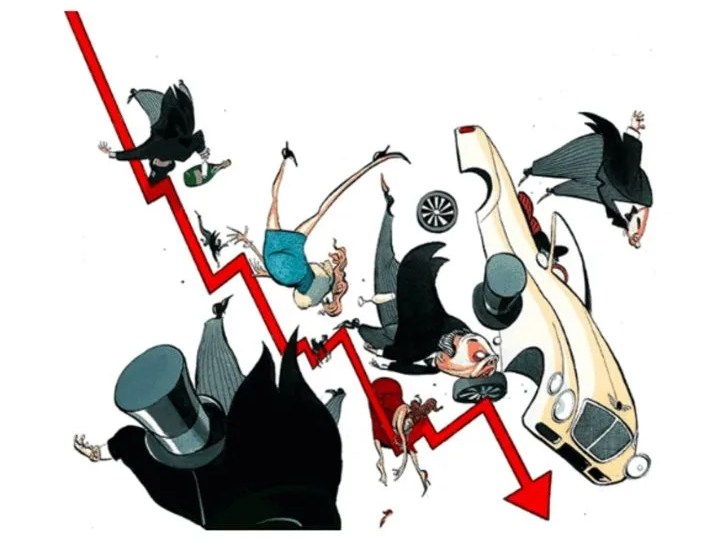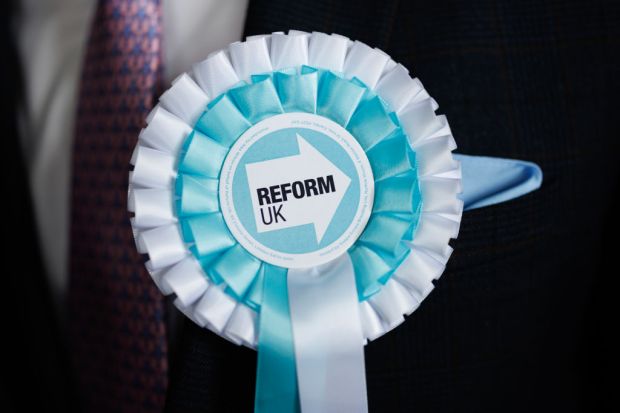Are we going to end 2023 with a recession after all? The great non-arriving recession of 2023 has so far confounded the forecasts of the Bank of England (which forecast a shrinking economy throughout 2023), the IMF (which forecast growth of -0.6 per cent over the course of the year) and others, too.
Already a subscriber? Log in
Subscribe for just $2 a week
Try a month of The Spectator Australia absolutely free and without commitment. Not only that but – if you choose to continue – you’ll pay just $2 a week for your first year.
- Unlimited access to spectator.com.au and app
- The weekly edition on the Spectator Australia app
- Spectator podcasts and newsletters
- Full access to spectator.co.uk
Or





















Comments
Don't miss out
Join the conversation with other Spectator Australia readers. Subscribe to leave a comment.
SUBSCRIBEAlready a subscriber? Log in